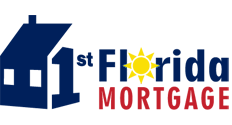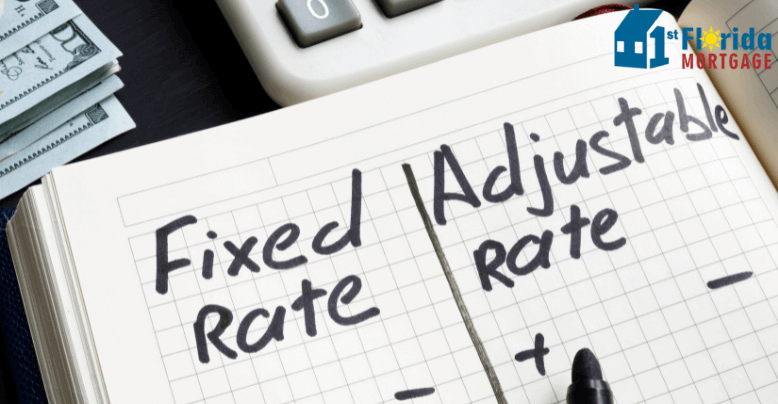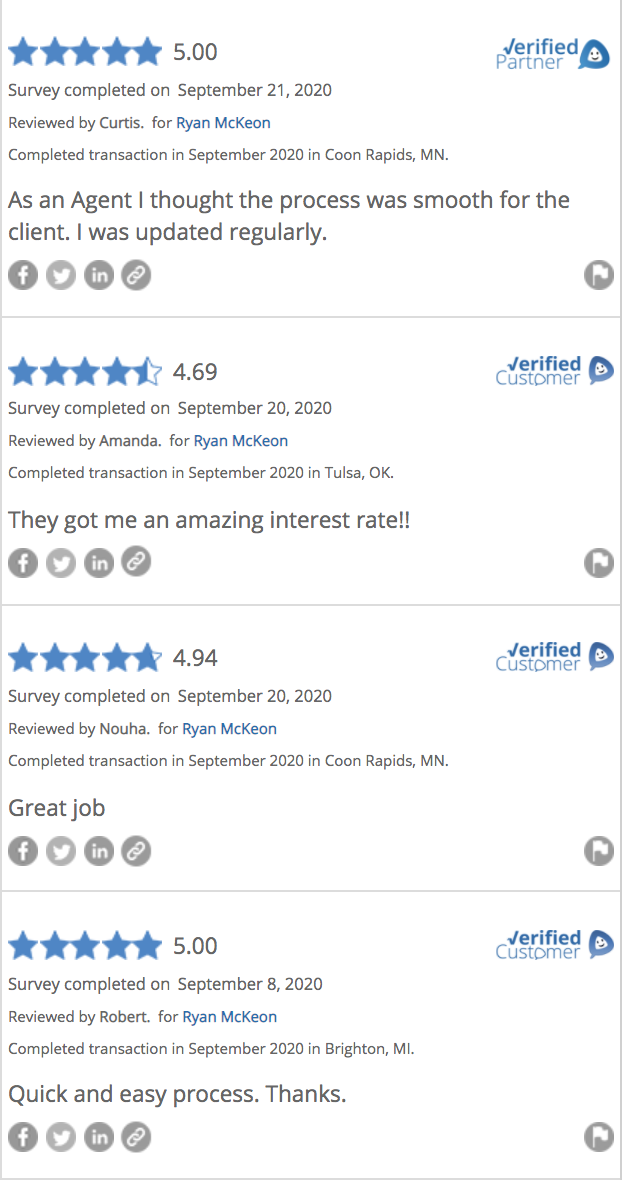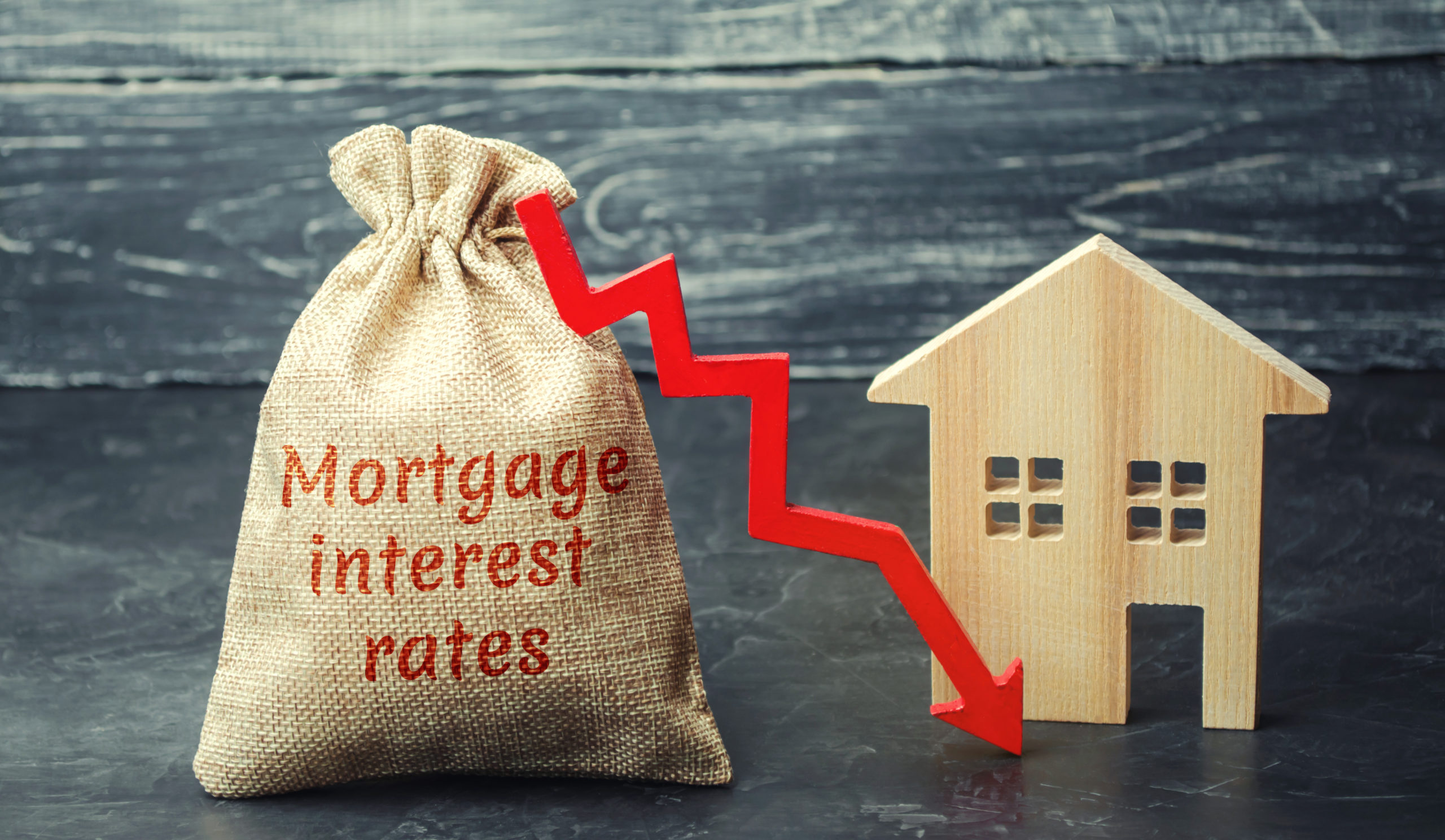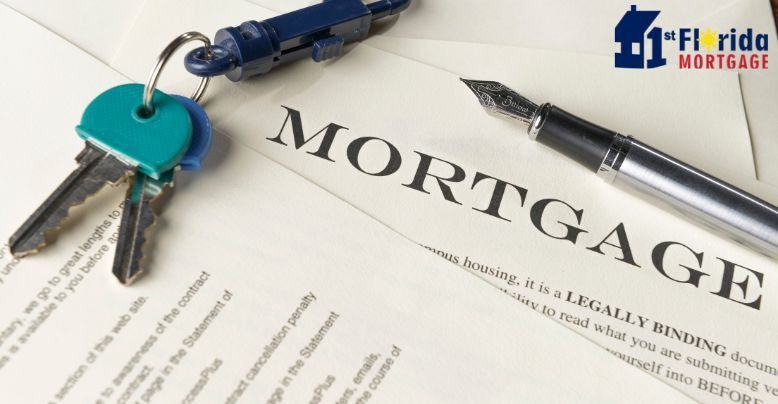Buying a house is one of the most significant investments you will ever make, and that means your mortgage is probably one of the largest commitments you will ever have. When shopping for a mortgage with a Florida mortgage company, you will need to decide which interest rate is best for you: an adjustable-rate mortgage (ARM) or a fixed-rate mortgage.
Although both have their pros and cons, deciding which is best starts with understanding how fixed-rate and adjustable-rate mortgages work and how they differ.
What is a Fixed-Rate Mortgage?
The fixed-rate mortgage allows you to set the interest rate for the life of your loan. Whatever rate you initially agree to will never change if the same loan remains active. For example, if you sign a 30-year mortgage with a 4% interest rate, your payments will stay the same for the next 30 years.
This gives the homeowners stability and peace of mind knowing that the monthly mortgage payment will stay the same even if the market rate rises. It also makes budgeting more manageable because there are no surprises down the road.
The downside of a fixed-rate mortgage is that it offers less flexibility in your finance agreement with the lender. In addition, taking a fixed-rate mortgage will result in you being locked into a higher interest rate than what is currently being offered in the market. This can prove costly if market rates drop significantly lower than your fixed rate.
An early exit from the loan agreement is also penalized with a fixed-rate mortgage. If you try to sell your house or refinance before the end of the loan term, you will likely have to pay a hefty fee known as a prepayment penalty. This generally deters homeowners from switching to a better deal before their loan is up.
How is the Rate of Interest Determined on a Fixed-Rate Mortgage?
The interest rate offered on a fixed-rate mortgage is generally determined by your Florida mortgage lender, who will consider several things. The main factor that will influence your rate is your lender’s prediction of how the market will change over some time. This prediction will usually favor the lender due to their extensive research and analysis of how the market is currently performing and where they think it is headed. Also, the fact that they can lock in a higher rate for a more extended period gives them a larger margin.
What is a Variable or Adjustable Rate Mortgage?
An adjustable-rate mortgage (ARM) is a type of loan where the interest rate is not fixed but instead floats or adjusts over time. The initial interest rate is usually lower than that of a fixed-rate mortgage, but it can rise and fall throughout the life of the loan in line with market rates. Because variable mortgage rates can fluctuate, they are considered riskier than fixed-rate mortgages.
However, that risk also comes with the potential for greater rewards. If market interest rates go down, your monthly payments will decrease. This allows homeowners to save money and pay off their mortgages faster.
On the flip side, your monthly payments will increase if market interest rates rise. This can make it challenging to keep up with payments and even lead to foreclosure.
How is the Rate of Interest Determined on a Variable Mortgage?
In the case of variable interest rate mortgages, the amount of interest rates that fluctuate is determined by how the rates are linked to the prime rate. For example, if your mortgage is based on the benchmark five-year government bond rate, your interest rate will fluctuate in line with changes to that rate.
This means that on a standard variable rate mortgage, you could either pay more or less interest depending on the movements of the prime rate.
Lock in Option
You may be wondering if you could switch from one type of mortgage loan in Florida to the other in the middle of your loan agreement. While you can’t change from a fixed-rate to a variable-rate mortgage without incurring a penalty, you can move from a variable-rate to a fixed-rate mortgage with most lenders. This is known as the lock-in option, and it gives you the stability of a fixed monthly payment even if interest rates rise.
Let’s say you have finished 2 years of a 5-year variable rate mortgage, and interest rates have increased during that time. If you exercise the lock-in option, you can switch to a fixed-rate mortgage at the current market interest rate, which may be higher than your current rate.
While this may seem like a bad idea, it can save you money in the long run. If interest rates continue to rise, you will be locked into a lower rate and won’t have to worry about your monthly payments going up.
Penalties
Although mortgage policies vary between mortgage companies in Florida, the prepayment penalties are generally treated the same. With a fixed-rate mortgage, the penalty is greater than 3 months’ interest or the interest rate differential. The interest rate differential is the difference between the interest rate on your mortgage and the prevailing market interest rate for a similar mortgage.
For example, if you have a $200,000 mortgage with an interest rate of 5% and want to break your mortgage after one year, the penalty would be greater than 3 months of interest ($500) or the interest rate differential ($2,000). In this case, you would have to pay a penalty of $2,000.
In the case of variable-rate mortgages, the penalty is almost always 3 months interest charge, regardless of the time left on the mortgage. However, it is always better to confirm with your lender about their policies before making any decisions.
Fixed or Variable Mortgage, What’s Better for You?
The answer to this question will be different for everyone. There are a lot of factors to consider, including both financial and personal, before making a decision. Let’s look at some of those factors:
Age
Many young and first-time homeowners are drawn to the idea of a fixed mortgage as it gives them the freedom to budget their finances. Buyers at this stage generally will not have a lot of savings and may still have other debts like student loans. For these buyers, the stability of a fixed rate makes payment easier to handle.
On the other hand, older homeowners or those close to retirement age may prefer the variable mortgage. This is because the lower interest rates can help free up some extra cash that can be used for other purposes like investments or travel, or they can pay down the mortgage faster.
Risk Bearing
Fixed-rate mortgages offer predictability and stability, while variable-rate mortgages offer the potential for lower interest rates and the risk that rates could rise.
If you are comfortable with a little bit of risk, you may want to consider a variable-rate mortgage. But if you prefer to know precisely how much your mortgage payments will be, a fixed-rate mortgage may be better.
Budget and Income
If you are on a tight budget or have a lower income, a fixed-rate mortgage may be better. This is because your monthly payments will stay the same, even if interest rates rise.
On the other hand, if you have a higher income or some flexibility in your budget, a variable-rate mortgage could save you money if interest rates stay low.
Another scenario that could impact your decision is if your income fluctuates or is variable. In this case, you may want to consider a fixed-rate mortgage so that your monthly payments stay the same, even if your income goes down.
Conclusion
Choosing between a fixed-rate mortgage and a variable-rate mortgage is a personal decision. There are pros and cons to each type of mortgage, and there is no right or wrong answer. The best way to do this is always to shop around till you find a lender who will work with you to get the best mortgage product to suit your needs.
1st Florida Mortgage company provides affordable fixed-rate and adjustable-rate mortgages to fit any budget. In addition, we offer a variety of FHA loans, VA, and other home loans in Florida.
With years of experience, our team is committed to providing you with the best possible service and mortgage products to suit your needs. If you’re unsure which type of mortgage is right for you, our team can help you find the best fit.
Get in touch today to discuss your mortgage options!
